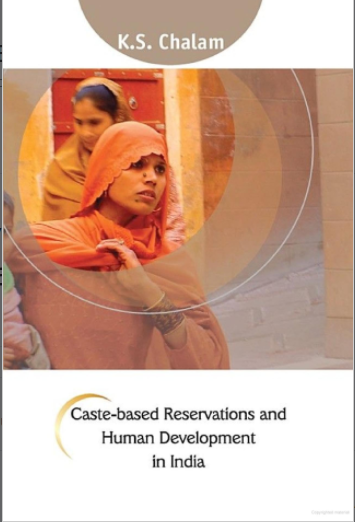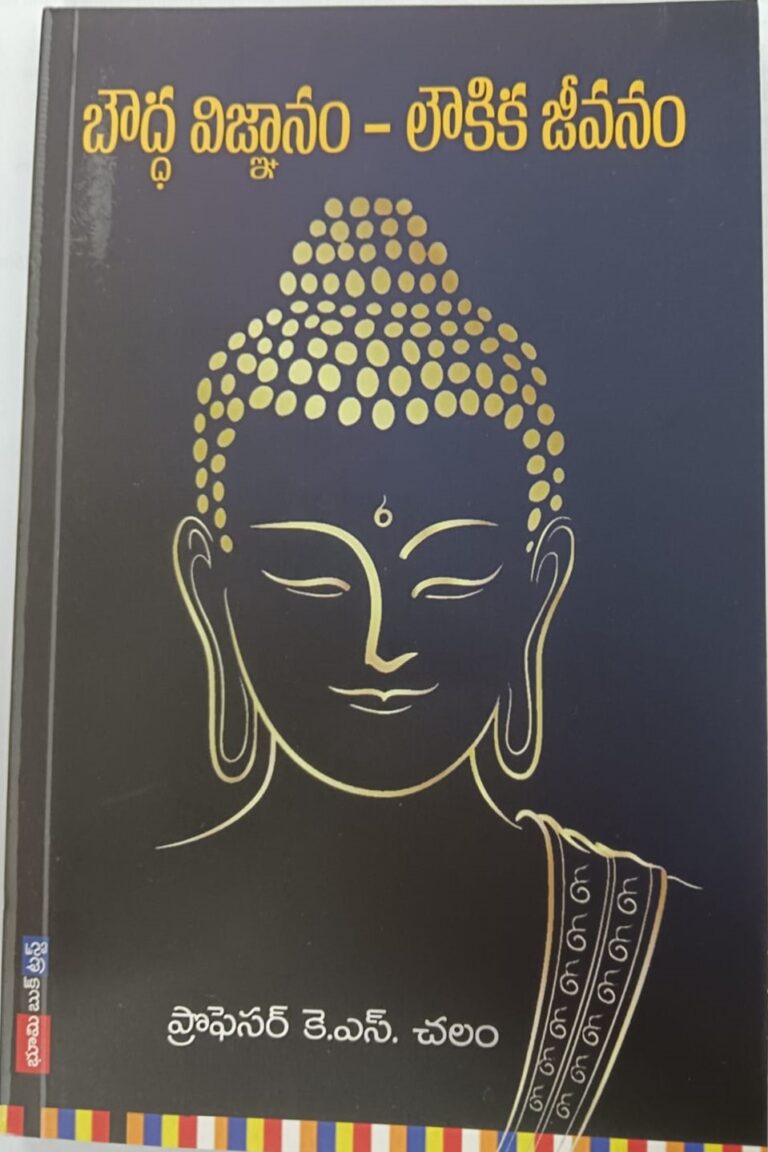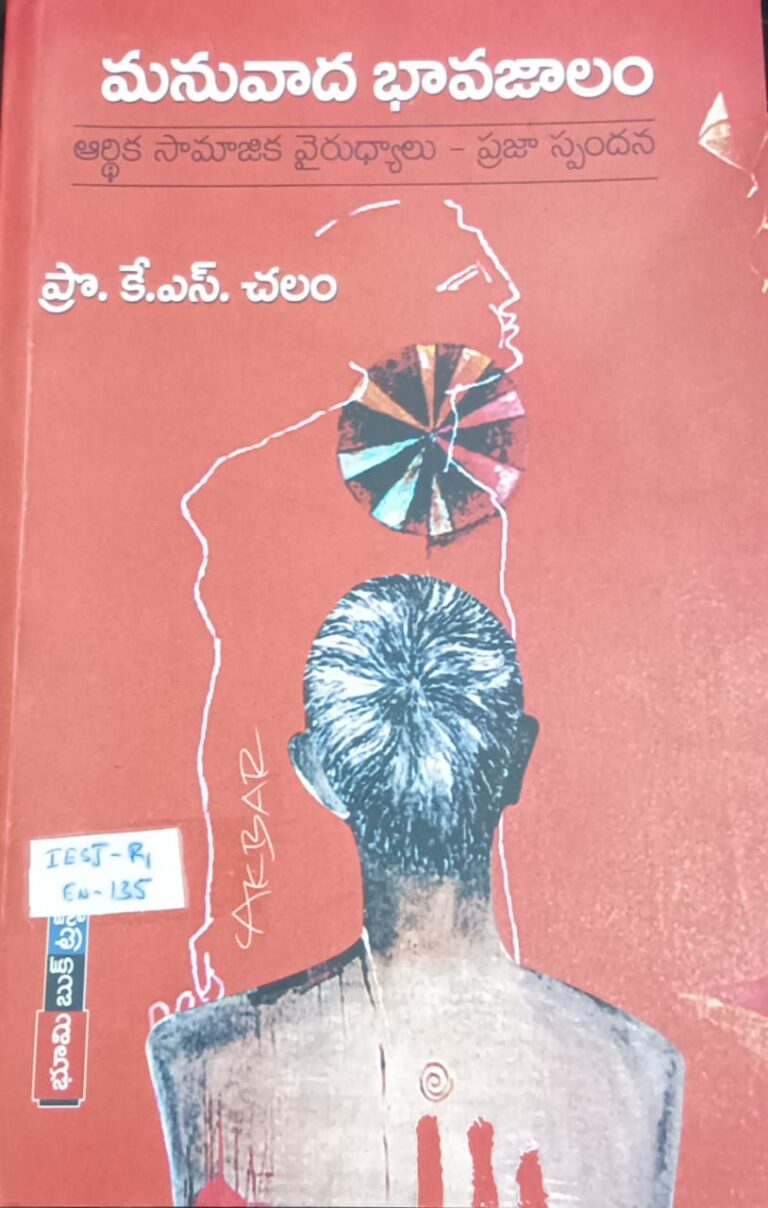
Caste-based reservations have existed in India for more than a century. Initially introduced by the British to bring equality of opportunity in education, reservation was later extended to other sectors of the development process to overcome the problem of economic inequalities attributed to caste. Even today, concepts like affirmative action and quotas are being debated to justify reservation. This book provides a comprehensive assessment of the impact of caste-based reservation on human development in India, taking into consideration the time series data.
The book also analyzes the impact of caste-based reservations on the target groups, as well as on major human development indices. An alternative strategy of applying the democratic principle of caste-based reservation is also discussed.



